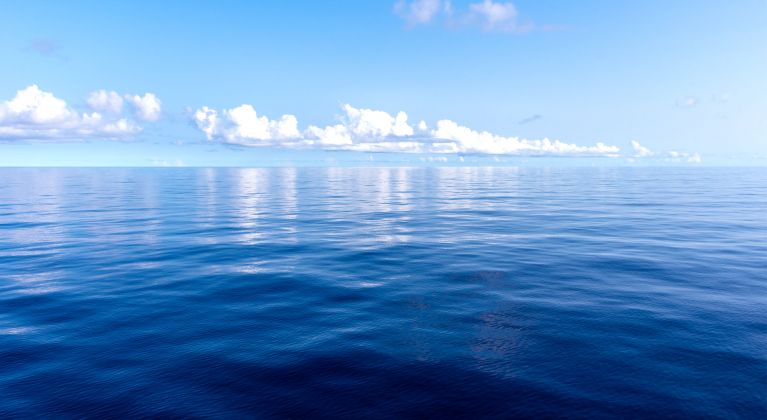
Crew Health: Malaria prevention
- Home
- Latest updates
- News
- Crew Health: Malaria prevention
The Club has previously highlighted guidance regarding precautionary measures that can be taken to avoid the contraction of malaria on board merchant ships. This was following an incident in which a crew member on an entered vessel died from a malarial infection, having not had access to the correct precautionary medication.
It is important to continue to raise awareness of the issue, as the Club has continued to record malaria related incidents. In 2023 we were notified of 8 cases where crew members had contracted the disease, including one where four crew members from the same vessel required hospitalisation.
Malaria is one of the world’s most common and serious tropical diseases. In 2022 there were an estimated 249 million malaria cases, and 608,000 deaths. World malaria report 2023 (who.int) has identified 85 malaria endemic countries around the world, with countries in Africa, Asia and the Americas posing the highest risk.
Malaria is often disregarded by seafarers as a land-based disease and many are unaware of the key facts regarding the contraction of the disease, including:
- the potentially fatal nature of the disease
- preventative measures or protective medication
- the symptoms, which for the most life-threatening types of malaria, are usually experienced between one week and two months after infection.
Preventative measures
- Be aware of the risk
- Avoid being bitten - use insect repellents, mosquito nets, protective clothing, avoid mosquito breeding places such as swamps or marshy areas.
- High risk times are between dusk and dawn.
- Seek medical advice if a fever develops10-15 days or more after entering a malaria risk area
Protective medication
As immunisation against malaria is not available, preventive medication is required when entering an area where malaria is endemic.
Members will need to obtain proper medical advice to ensure the correct medication and dosage is used for the area being visited and that preventive treatment commences with sufficient time allowed to achieve protective drug blood levels.
However, it is important to note that such preventive medication may not provide complete protection, though it may significantly reduce the risks of fatal disease.
Symptoms
Symptoms usually appear after an incubation period of 7 days (or longer) and include fever, chills, headache, muscular aching and weakness, vomiting, cough, diarrhoea and abdominal pain. Other more serious symptoms include acute renal failure, convulsions, and circulatory collapse, followed by coma and death.
Guidance and materials to use on board
The Club, together with the International Seafarers’ Welfare and Assistance Network (ISWAN) look to raise awareness of crew health and to assist our Members in mitigating against related incidents.
To that end, we have publications available to download and assist in providing help and information on malaria. These guidelines can be downloaded by clicking the links below:
- Guidelines for Malaria Prevention Onboard Merchant Ships
- Malaria - a guide for seafarers
- Safe travel - a guide for seafarers
ISWAN has also produced posters to remind seafarers of the precautions that can be taken to avoid contracting malaria. These posters can be downloaded by clicking the links below:
The World Health Organisation also has extensive material on malaria which can be found at Malaria (who.int).
Additional Club guidance and practical tips to our Members to promote good crew health on board can be found at Our initiatives | Shipowners.

